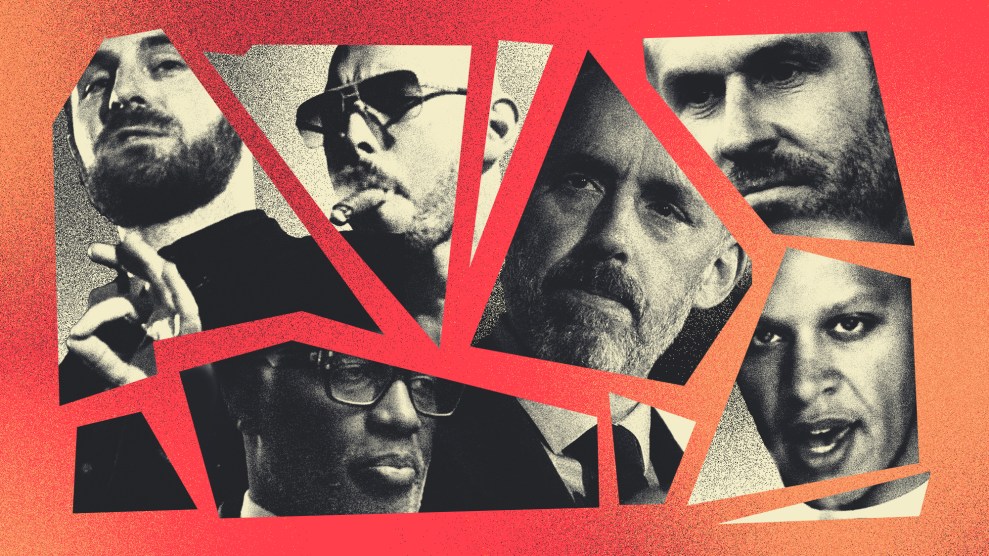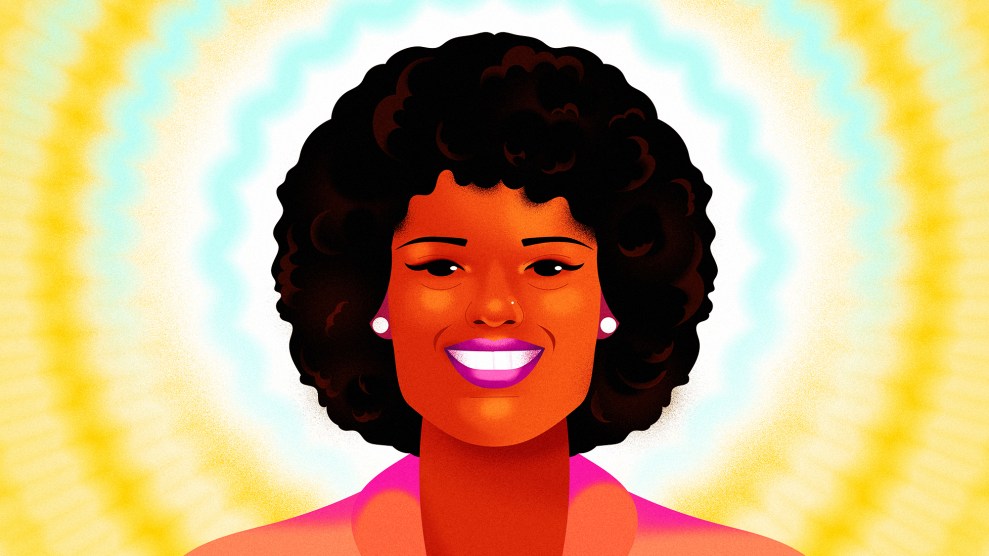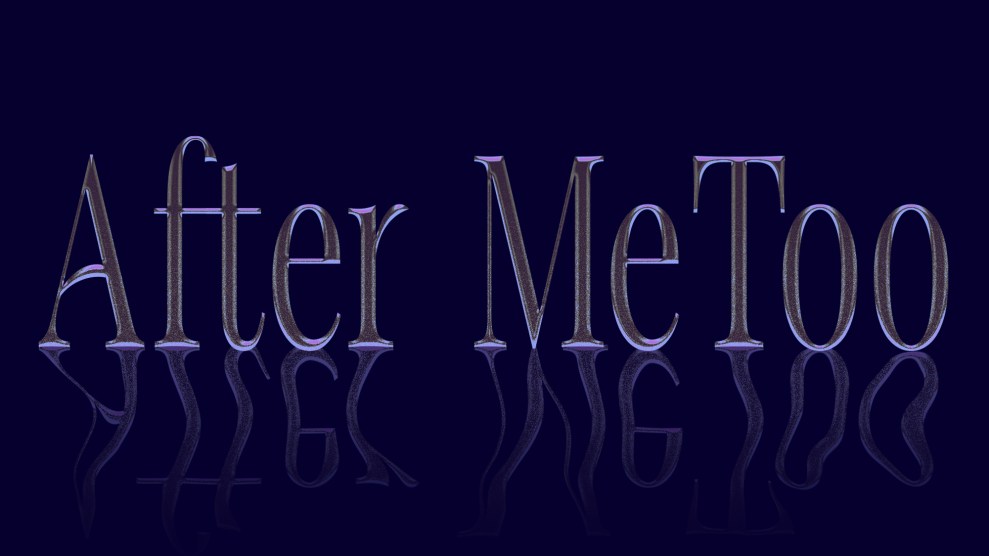More than five years ago, the MeToo movement exploded and our culture shifted. But what actually changed? This project seeks to reexamine the era by asking how it will alter the lives of the next generation.
When Phoebe Bridgers recounted a relationship that she felt was unequal in her song “Motion Sickness,” it was only a few months before the Harvey Weinstein story broke. “You said when you met me you were bored,” she sang. “And you, you were in a band when I was born.”
In 2019, Bridgers told the New York Times that alt-country singer Ryan Adams, who the song is purportedly about, had been emotionally abusive toward her. By her account, they started dating in 2014 when she was 20 and he was 40. The song details the complicated feelings of loving someone who is unkind to you, with the added layer of a 20-year age difference. “With ‘Motion Sickness,’ I was, like, I really fucking hate this person, but that’s not interesting, so I should write it as if there’s more nuance to it,” she later told the New Yorker. “But in retrospect that’s exactly how I felt, and how I feel. I had so much to get over, and there was so much heartbreak surrounding that situation. I was telling the truth.”
In 2017, Pitchfork called “Motion Sickness” one of the year’s “most exquisite breakup anthems.” It was. But by 2019 it was also more than that. After MeToo, it’s impossible not to listen to these songs anew. When you listen to “Motion Sickness” you don’t just hear heartbreak, you hear power.
Music has often been about love and relationships. But by looking specifically at how age-gap relationships have been portrayed, you can see how artists have asked new questions after MeToo. Men have previously been idolized when they date the youngest woman legally possible. Think of B.B. King singing “Sweet Sixteen.” But now not all music follows this code. When Taylor Swift name-drops Leonardo DiCaprio, an infamous dater of younger women, in her song “The Man,” it isn’t as praise: “And they would toast to me, oh / Let the players play / I’d be just like Leo / In Saint-Tropez.” The current, post-MeToo culture has left artists empowered to call out their exes in a new way—critiquing these older men for taking their innocence and “girlhoods.” Here are a few examples:
“29” by Demi Lovato
In 2022, Demi Lovato released a song called “29,” purportedly about her relationship with actor Wilmer Valderrama. He was 29 and she was 17 when they started dating; she released the song when she was, as she puts it, “finally 29.” Lovato is blunt: “Just five years a bleeder, student and a teacher / Far from innocent, what the fuck’s consent?”
MeToo brought a wider understanding of consenting to sex—that it’s not just the “yes,” it’s the circumstances around the “yes.” As Jennifer Szalai wrote in her review of the 2021 book The Right to Sex: “We ask only whether the parties involved agreed to the transaction; we neglect to ask about the forces that shape whatever they expected and desired in the first place.” With “29” Lovato is examining whether what may have seemed fine to her at 17 doesn’t feel acceptable 12 years later. “Seventeen would never cross my mind,” she sings. “Thought it was a teenage dream, a fantasy / But it was yours, it wasn’t mine.”
“Would’ve, Could’ve, Should’ve” by Taylor Swift
In her recent song “Would’ve, Could’ve, Should’ve,” seemingly about John Mayer, Swift crafts a more nuanced understanding of how uneven power dynamics can scar a young woman. Swift first wrote about Mayer—who she dated when she was 19 and he was 32, in 2010—in “Dear John.” She sang, “You paint me a blue sky / Then go back and turn it to rain.” In that song, released when Swift was 21, she knows she was too young, but it feels like she’s mourning; in “Would’ve Could’ve Should’ve,” Swift has the reflection of someone filled with regret, who realizes they were not only treated poorly but also taken advantage of by someone too old to be dating them: “If I was some paint, did it splatter / On a promising grown man? / And if I was a child, did it matter / If you got to wash your hands?”
“Your Power” by Billie Eilish
Billie Eilish has long been sexualized by men despite only recently turning 21. In 2021, she released a song called “Your Power” about a relationship she had when she was 16 and the man was 22. “I thought I was special, you made me feel / Like it was my fault, you were the devil, lost your appeal.” One year after releasing “Your Power,” Eilish started dating Jesse Rutherford, of The Neighborhood, who is 31 (they’ve since parted ways).
“You Are Not My Friend” by Tessa Violet
Violet is a multi-hyphenate talent: vlogger, actress, model. Earlier this year she released “You Are Not My Friend.” Violet, who is 33, made a preemptive TikTok in which she said the following about the song: “I recently turned the same age as the man who had been dating me when I was a teenager, and I have some thoughts about it.” In the video, she describes a relationship in which the person she’s seeing seeks to bring her down and sulks as a way to be mean: “Cut me down so I couldn’t grow / If I win a little then you know what to do / Back bend to make a moment all about you / Guess you couldn’t bear to see me shine.”

















